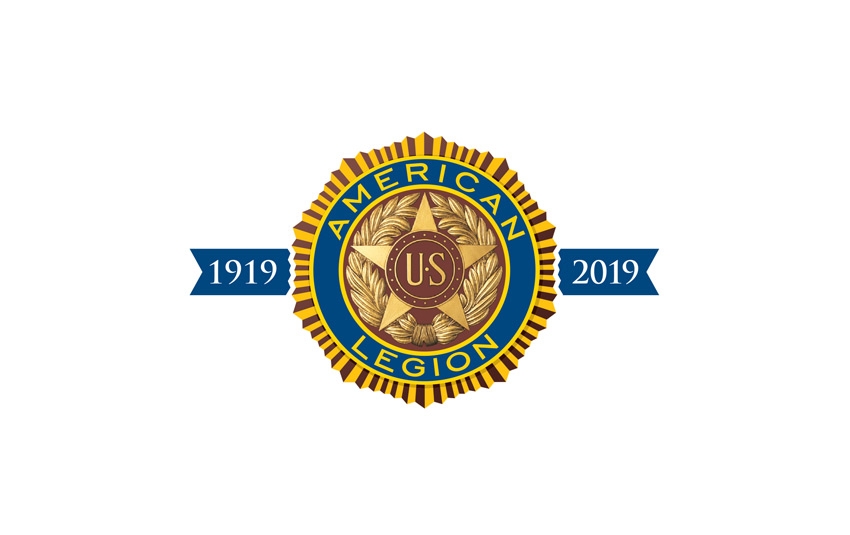
The Agent Orange odyssey
American Legion policy statement demands objective answers from federal government.
Three years after the organization’s first resolution seeking independent study into adverse health conditions of Vietnam veterans and birth defects among their children, The American Legion National Convention in
Honolulu, Hawaii, passes a resolution stating the organization’s policy on Agent Orange, which by this time has been linked to thousands of cancers and other illnesses, as well as miscarriages.
Deadly dioxin in the chemical mix of Agent Orange is blamed, and The American Legion urgently calls for studies “to proceed without delay using all resources available to ascertain with scientific validity the effects of Agent Orange on veterans who were exposed to it during their active military service.”
The Legion demands that the studies be conducted by independent scientific authorities, not by the UCLA School of Public Health, under contract with the VA. The Legion resolution reveals that veterans suffering with conditions presumably linked to Agent Orange have filed for VA benefits but that “very few claims for service connection have been granted… (and) a significant number of Vietnam veterans have expressed displeasure with the manner in which they were attended to during their Agent Orange examinations at VA medical facilities.” The resolution calls for an independent epidemiological study, a mechanism to establish presumption of service connection for certain disabilities traced to Agent Orange exposure, close monitoring of the long-term health effects of exposed veterans and proper treatment during VA examinations.
This resolution, along with continued American Legion research and persistence, leads to a congressional mandate for the federal government to conduct a study on the cause and effect of Agent Orange-exposed Vietnam War veterans.
The federal government, eight years after the Legion’s resolution, announces that despite $40 million in funding already allocated to the Center for Disease Control, cannot conduct such a study. The American Legion, for the first time in history, sues the federal government on behalf of all veterans for failing to obey the congressional mandate, setting the stage for one of the organization’s most historic accomplishments, in the following decade.
The battle for benefits and acceptance of Agent Orange exposure as a service-connected disability continues today. The American Legion successfully argued for expansion of benefits to veterans suffering from conditions previously not accepted as exposure-related and seeks similar fairness for veterans who handled the defoliant stateside, in the air, at sea and in some locations during the Korean War.
